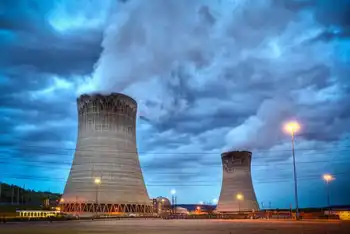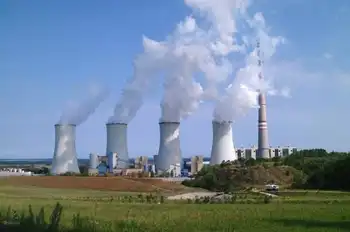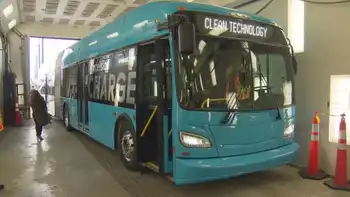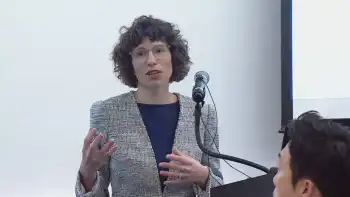Eskom seeking superior coal
By Business Day
Protective Relay Training - Basic
Our customized live online or in‑person group training can be delivered to your staff at your location.

- Live Online
- 12 hours Instructor-led
- Group Training Available
At the height of the electricity crisis earlier this year, Eskom said it was experiencing problems with coal quality.
It generates about 90% of its power from coal. Coal miners export better quality coal, at more than $100 a ton.
Maroga said if Eskom used better quality coal, it would spend less on maintenance. He said to get better quality coal, the utility might have to pay more. Maroga has consistently refused to divulge the price at which Eskom buys coal from its suppliers.
The power supplier intends to purchase 45-million tons of coal over two years to combat crippling coal shortages at coal-fired power generating stations. To date, the utility has purchased 39-million tons of this.
MarogaÂ’s comment came as the recent rains have dealt a blow to EskomÂ’s ambition to increase coal stock levels at all its power stations to 20 daysÂ’ supply, as its inventory has fallen from 13 days to 12 days.
Maroga said he was concerned about the quality of coal, saying if the utility continued to use it, it could shorten the lifespan of power stations.
Eskom’s chief officer for generation, Brian Dames, said: “I am very worried about the plant status and condition.”
On Eskom’s proposal to hike electricity prices by 53%, Maroga reiterated the power utility’s proposal to have what is called “primary energy costs” such as coal and diesel passed through to consumers.
He said these fell within a category of costs that Eskom could not forecast with accuracy.
The proposal, if approved by the National Energy Regulator of SA (Nersa), will ease the financial burden on the utility. Eskom said its financial performance for the year ended March would be hurt by the rising costs of coal and diesel.
Maroga said Eskom’s price proposal replaced the previous one, to which Nersa responded by granting a 14,2% increase. “We will have to live with the previous prices until we get the new prices,” he said.
Maroga said failure to get the requested 53% could jeopardize some of the utilityÂ’s projects.











